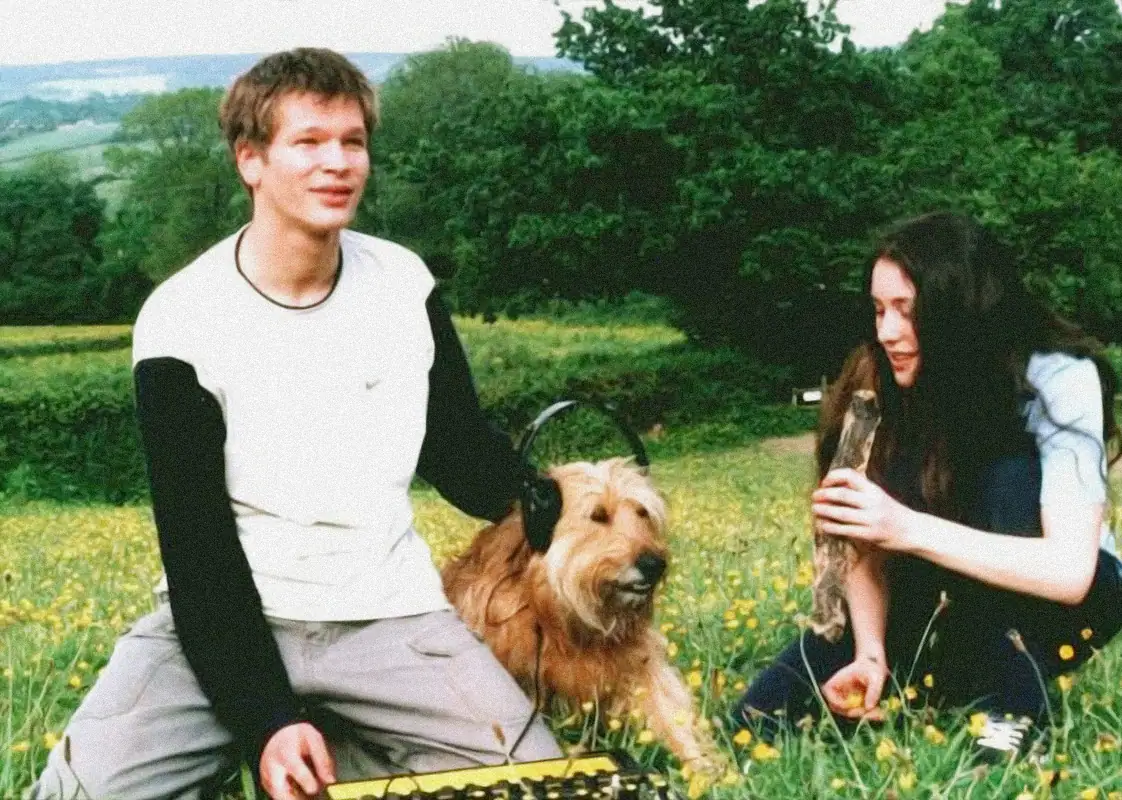Deep house family in the middle of nowhere. Brief story of The Rurals

Once, in 1989 or 1991, Andy Compton was lying down after a bad performance of his metal band, thinking about existential questions. Having never been interested in electronic music, after hearing the rumble of jungle and British hardcore, he sold his guitar, got into a fight with a drummer and bought turntables. But his home county of Devonshire, the very south of the UK, rejected him: “We don’t really need this jungle.” The south listened to house. And, being a big fan of funk and soul, he went towards the growing momentum of deep house. At first, he played records, and his friend added some African flavour to the whooping bass drum by playing tall drums called congas. Later they decided to record house music together. Compton’s parents gave him the largest room in his father’s house as a studio, while a bank gave him a large sum for a label (a reasonable business plan solves
In 1999, it wasn’t clear what they could achieve until their mutual friend from a music store (as interestingly noted in one article: “The Rurals’ own village comes into view—one shop, one pub and one funky-soul-fuelled family.”) introduced Compton to Maria Tweek, an unrecognised soul diva who, though she didn’t like house music, hung out among


